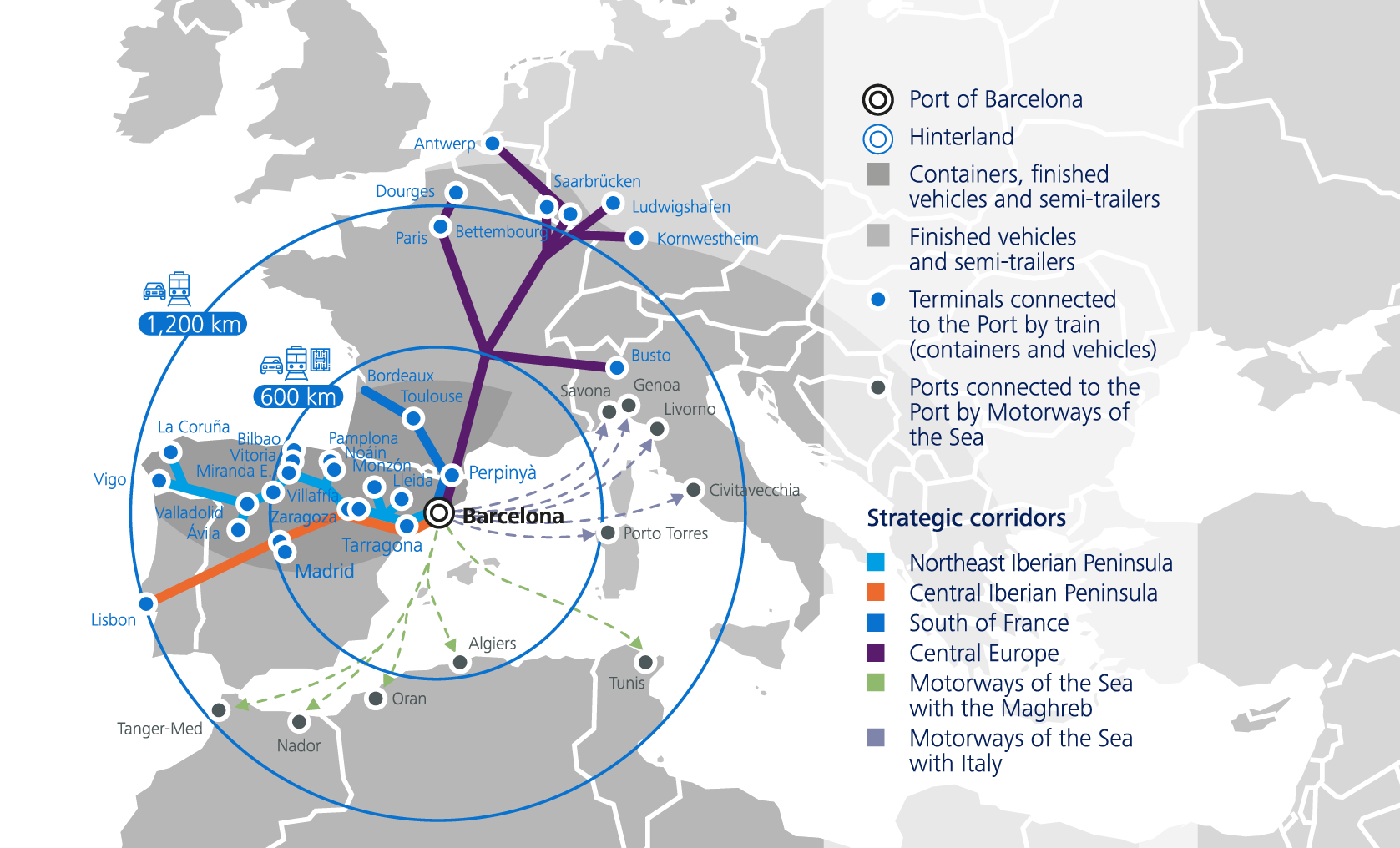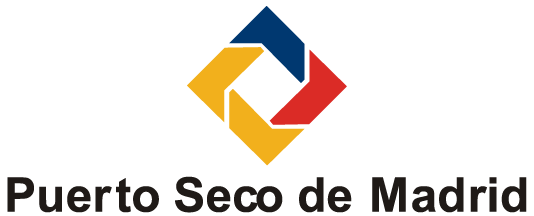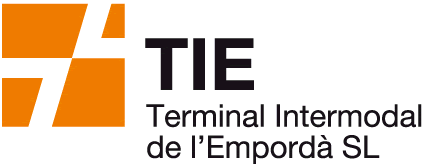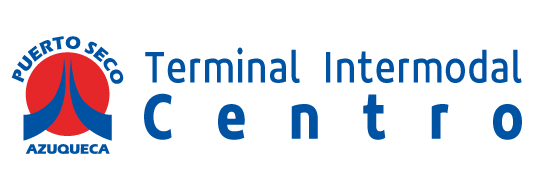.
03
Management and business area
The Port of Barcelona is understood as the sum of activities performed within the port infrastructure by a series of public and private organisations that are managed independently but are coordinated and led by the Barcelona Port Authority with a shared overall strategy.
ORIENTATION TO THE SDGS
The actors of the Port of Barcelona
Leadership: Barcelona Port Authority
Barcelona Port Authority (APB) is a public body with a legal personality and its own assets, which is responsible for the administration, control, management and operation of the Port of Barcelona. It is the organisation that leads the Port as a whole, lays the foundations for its operation and the search for a common goal, and represents it.
The Port Community
The Port of Barcelona is a concept of shared service and quality that serves as a cooperative link among all the agents, organisations and administrations that participate in port activity. All these agents are grouped under the name of Port of Barcelona Port Community (PC), comprising more than 450 administrations, bodies and companies located in the port area or its surroundings, and which in this document are called “organisations”.
Stakeholders
To respond to requests for information and the expectations of stakeholders, it is essential that such groups be clearly defined.







